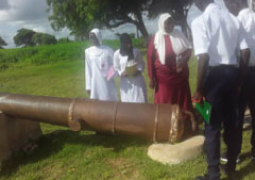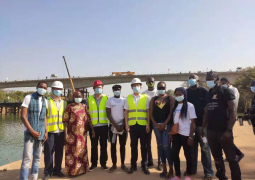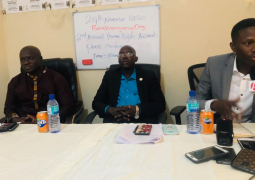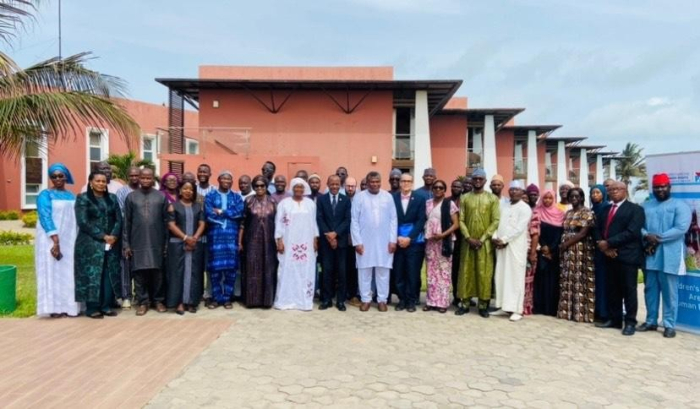
The forum aims to improve care and protection for vulnerable children.
In his opening remarks, Dr. Amadou Lamin Samateh, minister for Health on behalf on the minister for Gender, outlined government’s commitment to making sure that standards reflect action and in accordance with international laws.
Minister Samateh reminded that during the two-day session, deputies will engage in detailed discussions on the first ten standards, including caregiver qualifications, child safeguarding, education, health, and family reunification.
“Children who find themselves in residential care are among the most vulnerable in our society. They are often there not by choice, but as a result of unfortunate circumstances-abuse, neglect, abandonment, or conflict within the home. It is therefore not enough that they are housed. They must be nurtured.” he said.
The forum, he added, was convened for participants to also familiarise themselves with the Minimum Standards for Child Care Residential Centres - a framework that provides both a safety net and a roadmap for delivering quality care to these young lives.
“These minimum standards are not just regulatory checklists, they are an expression of our collective commitment to uphold the rights of children, in alignment with national legislation and global conventions such as the UN Convention on the Rights of the Child.”
Also speaking, Mrs. Jainaba Johm, Vice Chairperson of the National Human Rights Commission (NHRC), underscored the role of the PAPEV project in ensuring that required standards are maintained through sensitisation and collaboration with stakeholders and the National Assembly in particular.
“Monitoring reveals that in recent times there have been numerous incidents in childcare centers ranging from inhuman conditions, fire outbreaks as the case in 2021 at a boarding school leading to the loss of lives of children, the recent spread of contagious diseases like scabies at a Daara in Madina Suwaneh, caused by inadequate medical care and poor-hygiene conditions, along with allegations of child abuse ranging from sexual and physical abuse. These incidents show the urgent need for stronger systematic oversight, regulation and accountability,” she stated.
Mr. Karl Frederick Paul, United Nations Resident Coordinator, outlined his institution’s commitment to protecting the rights of children across the region aligning it to SDG 3,4&16 "where no child is left behind".
The Clerk of the National Assembly, Kalipha M.M. Mbye acknowledged the timeliness of the training and emphasised on the role of parliament in scrutinising legislations and development of standard policies to ensure that "every child is safe anywhere and everywhere.
Read Other Articles In National News
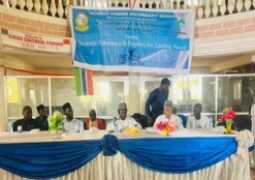
Amir Trawally calls on Gambians to continue praying for peace, stability
Mar 1, 2024, 11:52 AM
